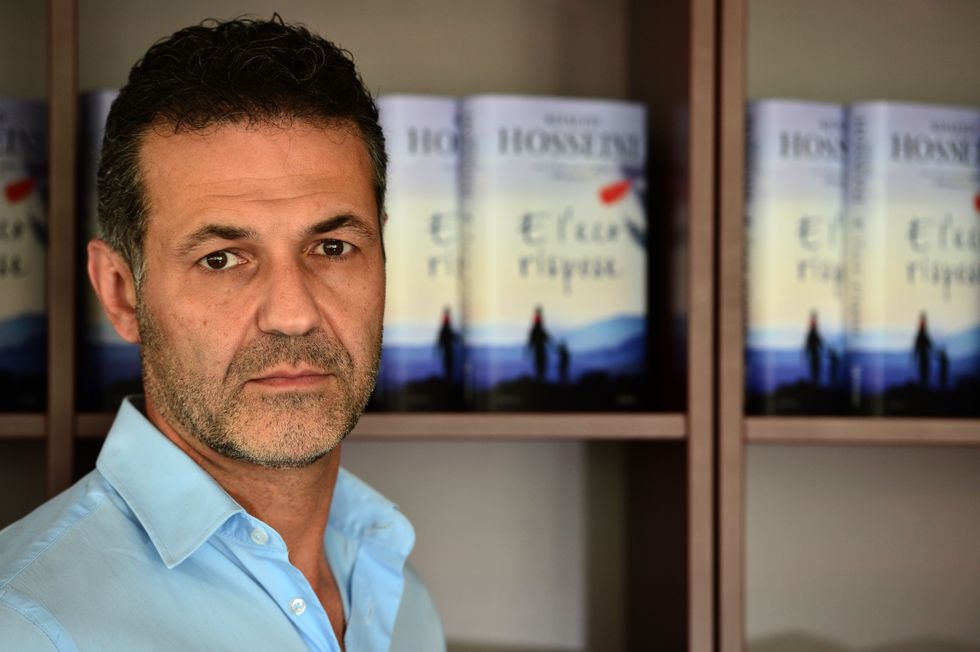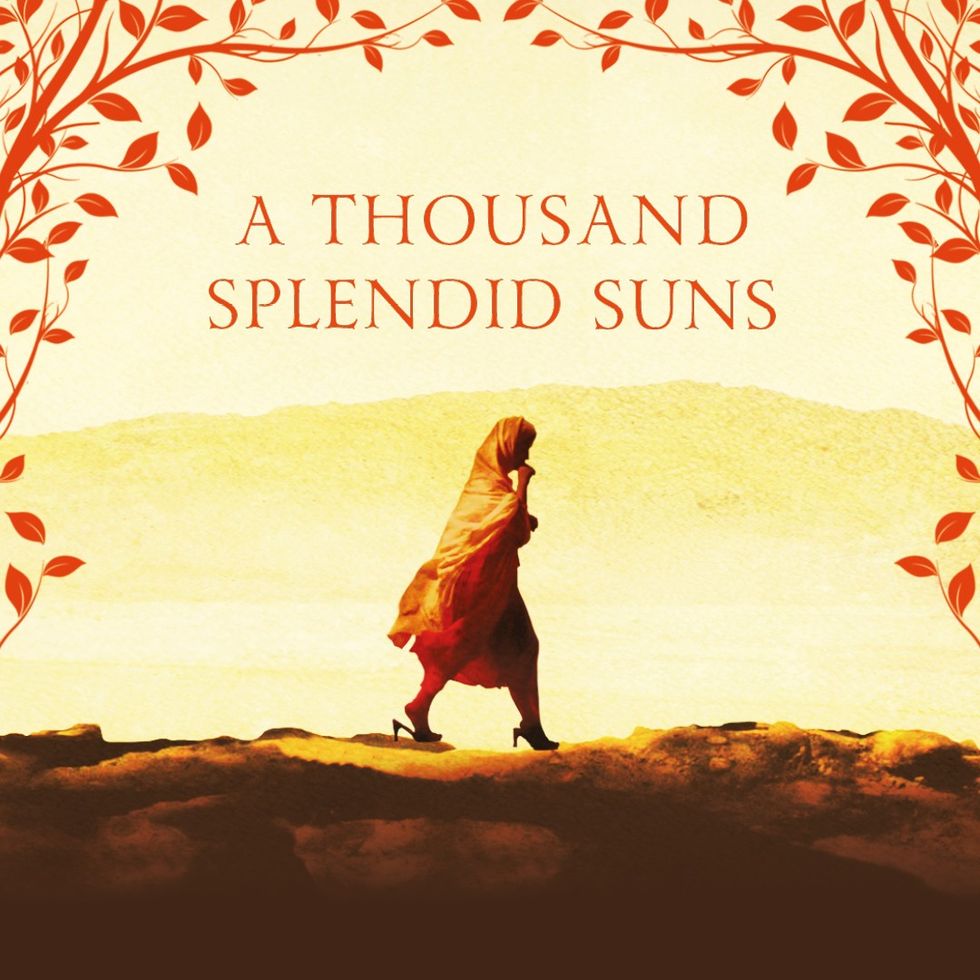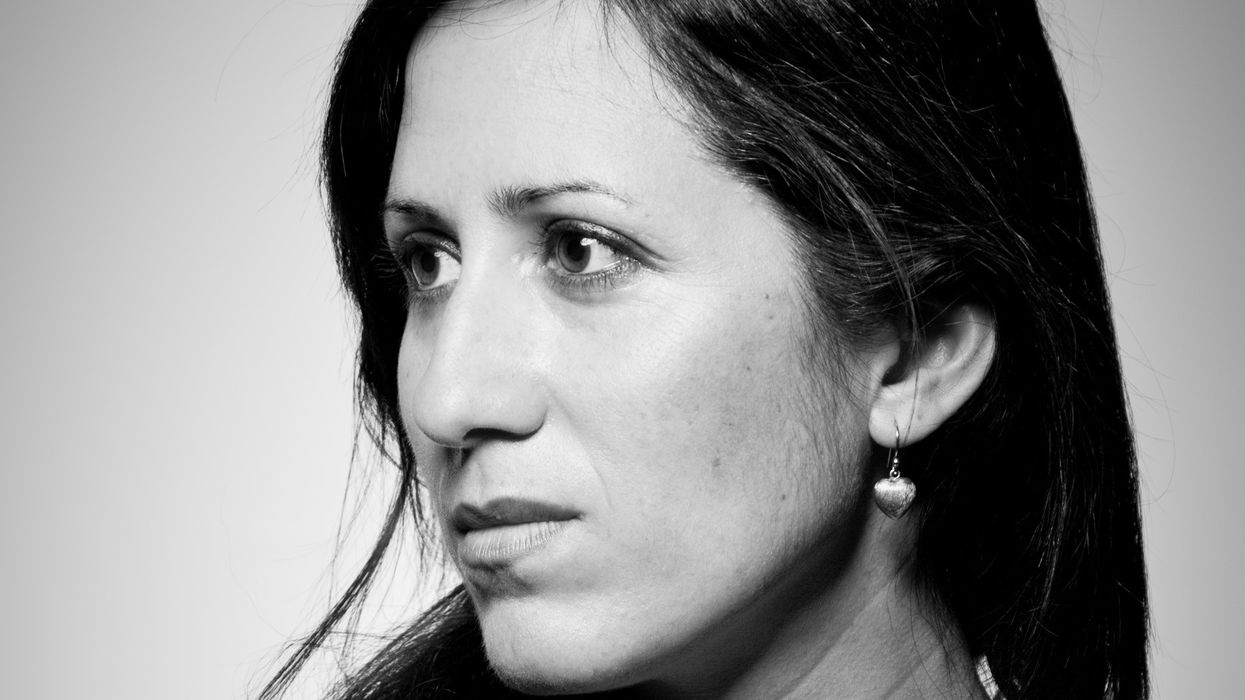A STAGE adaptation of A Thousand Splendid Suns is a celebration of women’s strength and their ability to endure, its playwright has said.
Irish Indian writer Ursula Rani Sarma, 47, worked on Afghan American author Khaled Hosseini’s novel for a new production which opens at the Birmingham Repertory Theatre next Friday (11).
The novel tells the story of two women united by circumstance in 1990s Afghanistan. Set against the backdrop of civil war and Taliban rule, it follows orphaned Laila, who becomes the second wife of neighbour Rasheed, and his first wife Mariam.
Rani Sarma told Eastern Eye the core message in the play is about love and resilience that ultimately leaves one feeling the world might be all right.
In an interview, she said, the American Conservatory Theater in San Francisco approached her to adapt the book.
“I had previously worked with them and written a play, and they felt my artistic sensibility might be a good fit for the adaptation. When I met Hosseini, he gave me considerable freedom. He explained that a novel cannot be a play and must exist as its own entity,” she said.
“He suggested that since he is not a playwright and I am, I should feel free to recraft the material.”
Directed by Roxana Silbert, the cast includes Rina Fatania (Mariam), Kerena Jagpal (Laila), and Jonas Khan (Rasheed), among others.
Rani Sarma said, “The adaptation took around two years, which is not particularly long for a theatre piece. I would typically spend about six months writing the first draft, followed by workshops where I would revise and refine the material.
“After the theatre company committed to the production, we moved towards the rehearsal stage. I flew to San Francisco and was present throughout the entire rehearsal process. Hosseini would occasionally visit, but he was careful to give us space to develop the piece without feeling overshadowed by the book’s success.

“He was always available if I needed guidance, and we would have conversations about specific elements, when necessary. He proved to be a wonderful person – a true humanitarian and champion of women – who was kind and generous, wanting me to feel free to transform the novel into a proper theatrical piece.”
Rani Sarma, who lives in Lahinch, west Ireland, said her Asian heritage (her father is from Assam) significantly influenced her writing. At a young age, She started reading Indian poet Rabindranath Tagore, who won the Nobel prize for literature.
“When you are mixed race, you never fully belong in any place. As a result, you bring a distinct artistic insight with you. I believe this was one reason I was approached to adapt this work – being a woman of mixedrace heritage with knowledge and interest in that part of the world,” she said.
“Growing up as a mixed-race Irish Indian in Ireland during a time when there were very few mixed-race families, I was the only such family in our village and wider community. This experience meant growing up always on the outside looking in, which allowed me to form a unique commentary and perspective.
“I am deeply interested in how things work, particularly how society functions and why people behave as they do. Despite the significant cultural differences between Afghanistan and India, I noticed similarities in the relationships between men and women. I could even see echoes in past Irish society, where women were often treated as commodities and traded, such as farmers marrying their daughters to other farmers.
Rani Sharma, who writes plays for the National Theatre, the Abbey Theatre and EON Productions, said, “The adaptation tries to present a nuanced view of human nature, exploring the spectrum of male characters and understanding the characters’ behaviour through a lens of empathy and psychological complexity.”
Arts “should reflect society”, she said, adding there should be plays and films about “regular people from diverse backgrounds”. “I want my daughter to grow up seeing versions of herself on screen and stage, believing she holds as much space as anyone else. This contrasts with the whitewashed, maledominated culture I grew up in, where it was challenging to convince people that your voice was worth hearing.
“Over my twenty-year career, I have witnessed a notable shift in the arts. When I first started writing, there was very little interest in female-led stories, both in theatre and across television and film.

“In the last decade, there has been a welcome change, with increasing interest in female narratives and perspectives from different cultural backgrounds,” she said.
“My aspiration is to tell stories about regular people from diverse backgrounds, without focusing solely on issues like forced marriages or terrorism. I am currently working on a BBC television show that will feature a regular Indian family in a prime-time legal drama, hoping to normalise representation.”
Her advice to aspiring Asian artists? “Believe in yourselves and understand that your voice matters. There is an appetite for diverse voices in the industry. Artists should be their own advocates, confident in the validity of their work without being arrogant.
They should do thorough research before sharing their work, selecting appropriate organisations and platforms that are receptive to their narratives.”





